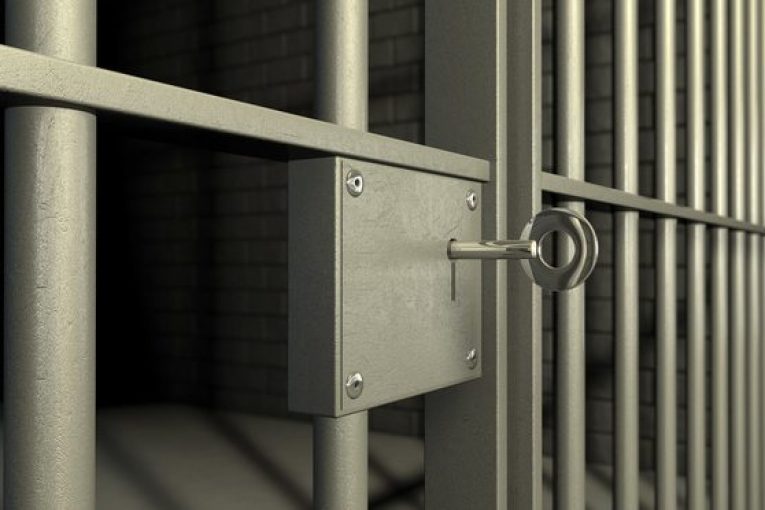

by Lisa Rea
On March 27th, RJI issued a press statement on covid-19 urging justice systems globally to respond to the extreme public health threat of covid-19 by addressing overcrowding of prisons while releasing targeted offenders who present the least risk of re-offending
RJI emphasizes our commitment to victims-driven restorative justice which stresses offender accountability and making things right with crime victims. RJI is now providing guidance regarding the safe release of targeted offenders and further recommendations regarding covid-19. RJI is a global association and network of over 6000 members and affiliates committed to victims-driven restorative justice as the foundation and vision for needed systemic justice reform.
RJI strongly supports mass testing of all inmates in prisons and jails including officers and staff. All officers should be fully equipped with PPE’s (personal protective equipment) to protect  themselves from the virus while at work. Social distancing in prisons and jails, in most countries, is physically impossible due to severe overcrowding. Therefore, RJI supports releasing those offenders who can safely be returned to society.
themselves from the virus while at work. Social distancing in prisons and jails, in most countries, is physically impossible due to severe overcrowding. Therefore, RJI supports releasing those offenders who can safely be returned to society.
RJI’s recommendations regarding conditions for possible release of offenders in prisons and jails include the following targeted offenders:
- Offenders who are over the age of 55.
- Offenders already sick or in hospice or are vulnerable due to their chronic health conditions.
- Offenders who have served most of their sentence (e.g. 10-15 years or more) and who have been deemed model prisoners.
- Offenders in prison for technical, parole violation(s).
- Offenders held in custody in pre-trial detention.
- Offenders who are serving life sentences who are eligible for parole & have been considered model prisoners. (i.e. those who have served well over the minimum sentence)
- Possible wrongful conviction when cases have been argued previously in court or when there is plausible cause to believe either prosecutorial misconduct occurred or some other irregularity in the handling of the case.
- Low- level offenders in prison for drug related offenses should be diverted into alternative sanctions including using restorative justice processes.
- Victims of crime, when possible, should be notified when their offender has been scheduled to be released, with the exception of low-level offenders.
When offenders are released early, or diverted into alternative sentencing options, restorative justice processes should be used to urge offender accountability and seek to restore victims of crime, as much as possible. Victim-offender dialogue should be an option for crime victims when both victim and offender are willing.
To sign up for our new newsletter – Everyday Injustice – https://tinyurl.com/yyultcf9
